What are Proteins?
To understand protein powder supplements first, we must understand what protein is and why our body needs it. Proteins are one of the most important parts of our healthy diet and are composed of chemical constituents known as amino acids. These amino acids serve as the building blocks used by the body for muscle and bone maintenance and repair, as well as for synthesising hormones and enzymes. In short, our body primarily needs protein to stay healthy and maintain its regular functionality. Proteins are found in everything from your organs, muscles, skin, hair, tissue, and bones. They also play a major role in carrying oxygen throughout our body in our blood and helping fight infections by keeping the cells healthy.
Inadequate amounts of protein in our diet can lead to various health issues including muscle loss, poor growth and development, weakened immune system, skin and hair problems, fatigue, slow wound healing, impaired organ function and other health problems. Therefore a great way to supplement protein in our diet is through the means of protein powder supplements.
What are Protein Powder Supplements?
Protein powder supplements are concentrated sources of protein made from either animal or plant foods, such as dairy (whey and casein), eggs, soy, rice or peas and many others. They are commonly used by athletes, gym-goers, or people who need additional protein in their diet.
5 Best Types of Protein Powders:
There are several types of protein powders available, each derived from different protein sources (as discussed earlier). Some of the top types include:
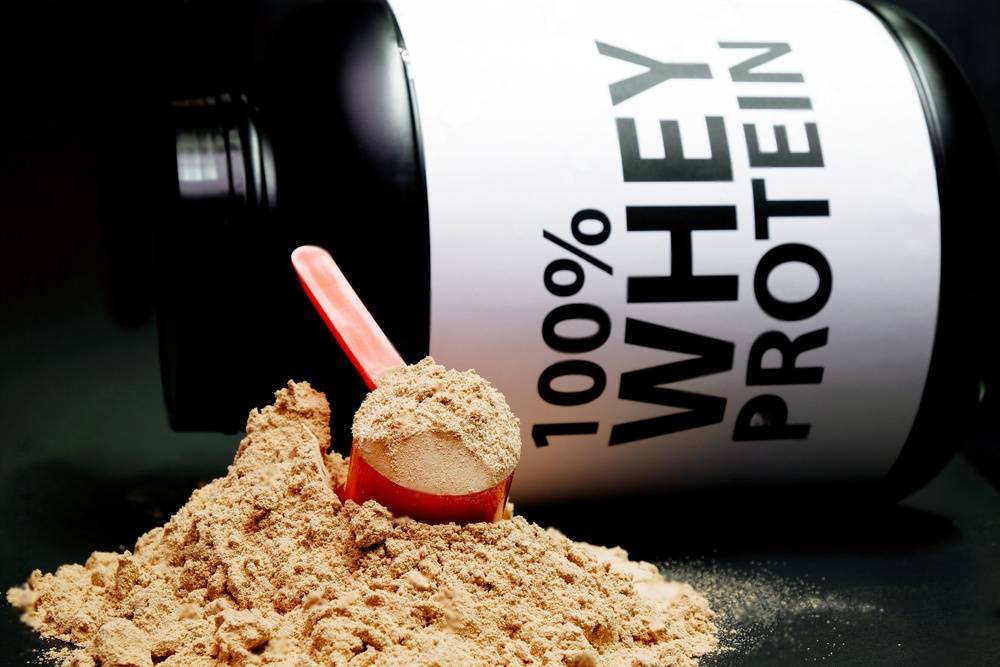
1. Whey Protein: Whey protein (a liquid substance) is a by-product of milk. It provides the body with essential amino acids. Whey protein has fewer calories and is quickly absorbed by the body making additional fuel readily available, especially in the time of any physical activity. Whey protein is higher in leucine which is one of the most important amino acids for muscle growth.
Whey protein comes in three main varieties: Whey Protein Concentrate (WPC), Whey Protein Isolate (WPI), and Whey Protein Hydrolysate (WPH).
Whey Protein Concentrate ( typically 35%-80% of protein by weight) is the least processed form, retaining some lactose (milk sugar) and fat along with the protein. Whereas, Whey Protein Isolate (ranges from least 90% of protein by weight) is further processed to remove most of the lactose and fat leading to a higher protein content. Lastly, Whey Protein Hydrolysate (typically ranges from 90% to 100% protein by weight) is the most extensively processed and is pre-digested into smaller protein fragments (also known as peptides) for even faster absorption.
Also read: A COMPREHENSIVE GUIDE TO WHEY PROTEIN
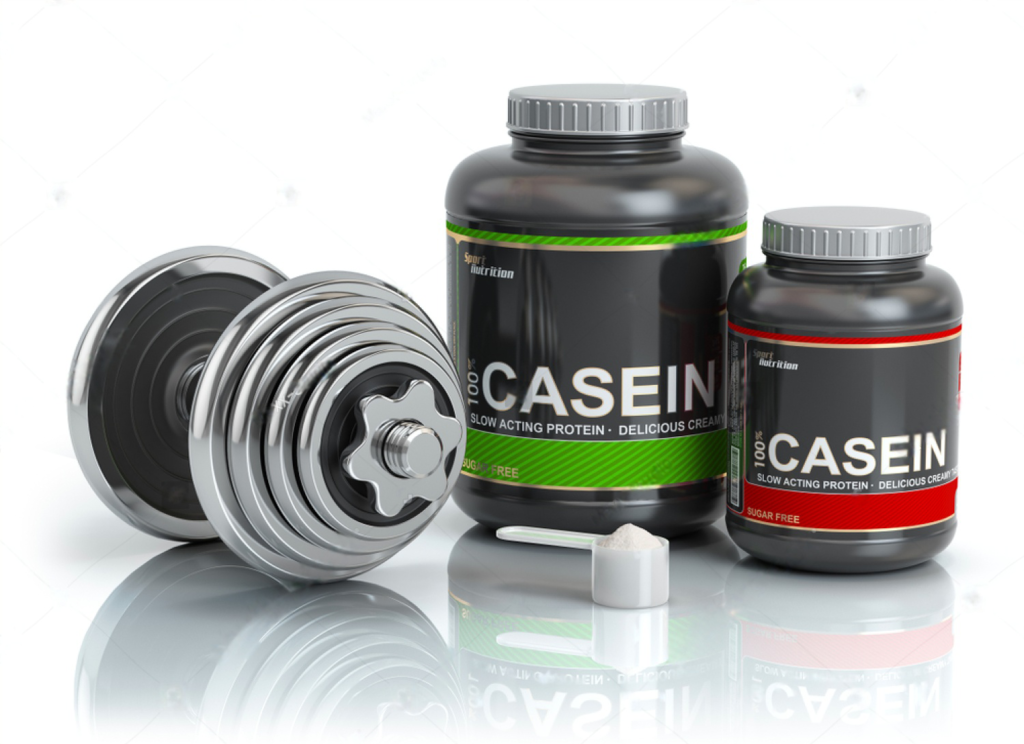
2. Casein Protein: Like whey, casein is a protein found in milk that is digested much more slowly. Casein makes up about 80% of the protein in milk and forms a gel-like substance when comes into stomach acid leading to a slow and sustained release of amino acids into the bloodstream and a slower absorption rate. This results in a gradual steadier exposure of our muscle to amino acids reducing the rate of muscle protein breakdown.
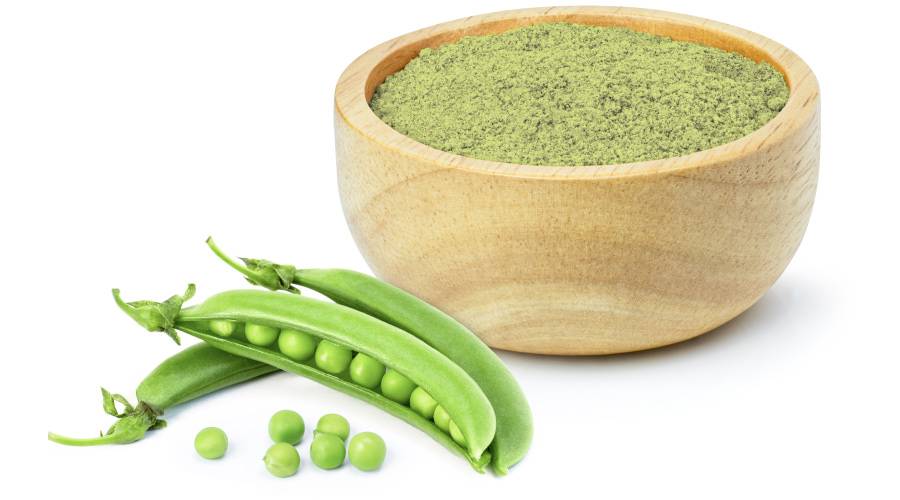
3. Pea Protein: Pea protein powders are especially popular among vegetarians, vegans and individuals with allergies and sensitivities to dairy or eggs. Pea proteins contain split pea, a high-fibre legume that boosts all but one of the essential amino acids. So when it comes to pea protein the Journal of the International Society of Sports Nutrition reported in a 12-week study in 161 men during resistance training, those who took 1.8 ounces or about 50 grams of pea protein daily experienced similar increases in muscle thickness as those men who consumed the same amount of whey protein daily! Even though pea protein powder seems promising, some high-quality research is required to confirm these results.
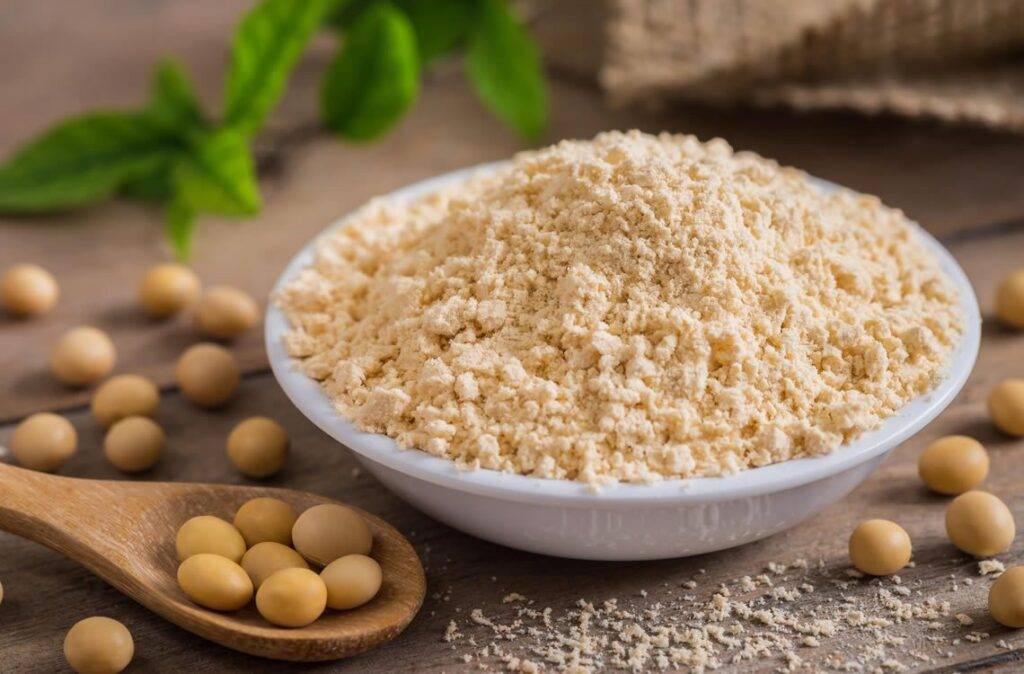
4. Soy Protein: Soy is so controversial right now. Some people see it as a nutritional powerhouse and other people think it is the enemy of health.
Soy protein powder is derived from soybeans, this potent powder is a concentrated source of protein that has garnered significant attention in recent years, not just among gym enthusiasts but also within the broader health-conscious community.
Soy protein powder is a product of soybeans, a legume with a long history of cultivation and consumption, particularly in East Asia. Soybeans have been a staple food for centuries, prized for their nutritional richness and versatility. However, it wasn’t until modern advancements in food processing and nutritional science that the potential of soybeans as a concentrated protein source was fully realized.
The process of creating soy protein powder involves isolating the protein component from soybeans through a series of extraction and purification steps. This results in a fine, neutral-tasting powder that can be easily incorporated into various foods and beverages.
One of the most notable attributes of soy protein powder is its high protein content. It is considered one of the most complete plant-based sources of protein, containing all nine essential amino acids that the body cannot produce on its own. This makes it particularly valuable for individuals following vegetarian or vegan diets, as well as those seeking alternatives to animal-derived protein sources.
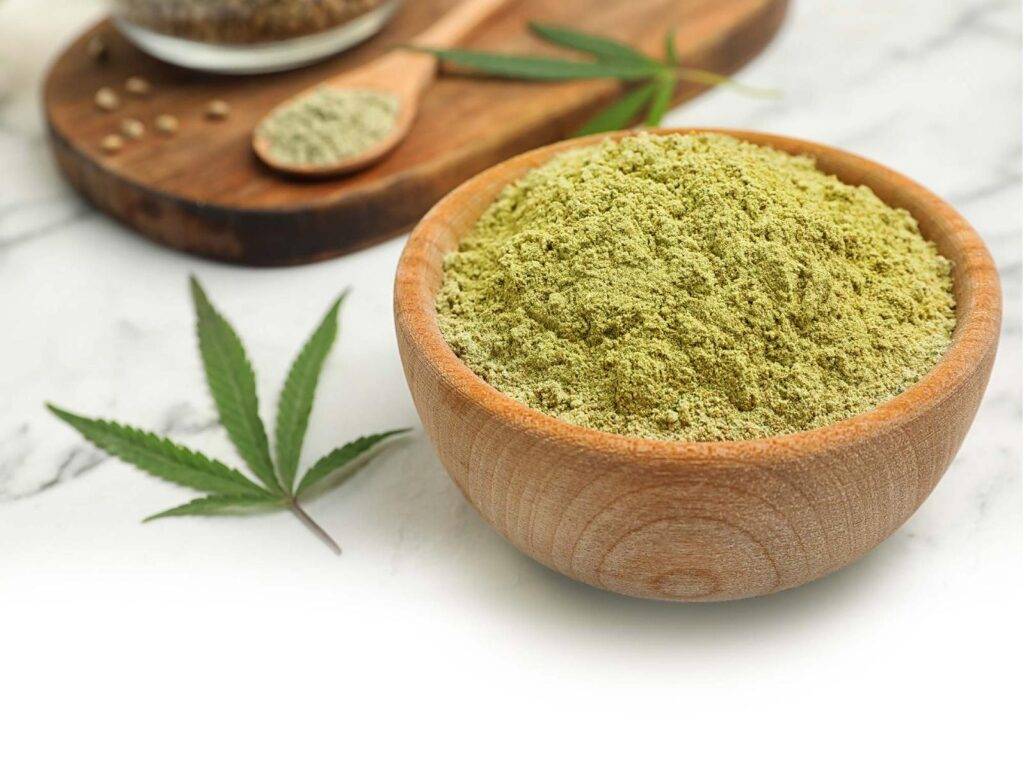
5. Hemp protein: Hemp protein powder is another plant-based supplement that is gaining in popularity. Although hemp is related to marijuana, it does not contain Tetrahydrocannabinol (THC, which is the main psychoactive component of cannabis). Hemp is rich in omega-3 fatty acids and several essential amino acids. However, it is not considered a complete protein because it is very low in levels of amino acids, such as lysine and leucine. While not much research exists on hemp protein, it appears to be a well-digested plant source protein.

By delving into the nuances of protein sources such as whey, casein, pea, soy, and hemp, you have now gained insight into their distinct advantages and applications. From the rapid absorption of whey to the steady release of casein and the plant-based benefits of pea and soy, each protein offers a unique profile of amino acids and nutrients to support your wellness journey.
So, the next time you find yourself perusing the protein powder aisle, do so with confidence and clarity. You are now enlightened with knowledge and you can shop wisely, selecting the protein powder that aligns perfectly with your health objectives and preferences. With informed choices, you’ll not only optimize your nutrition but also embark on a path to greater vitality and well-being.
Disclaimer
The content on Muscle Theory aims to provide informative insights, but it should not be taken as medical advice. The opinions and articles presented here are not intended to diagnose, prevent, or treat health issues. It’s advisable to consult with your doctor before starting any new fitness, nutrition, or supplement regimen. None of these supplements are intended to cure or treat any diseases. If you suspect you may have a nutrient deficiency, please consult a medical professional for guidance.
Further Navigation
- Click / Tap here to explore more insights about protein powders.
- Click / Tap here to get expert guidance on BCAAs and aminos.
- Check out our trending articles on creatines. (Click / Tap on the text)
- Our pre-workout articles are a game changer. Click or tap on the text to find out more.
- Return to the homepage.

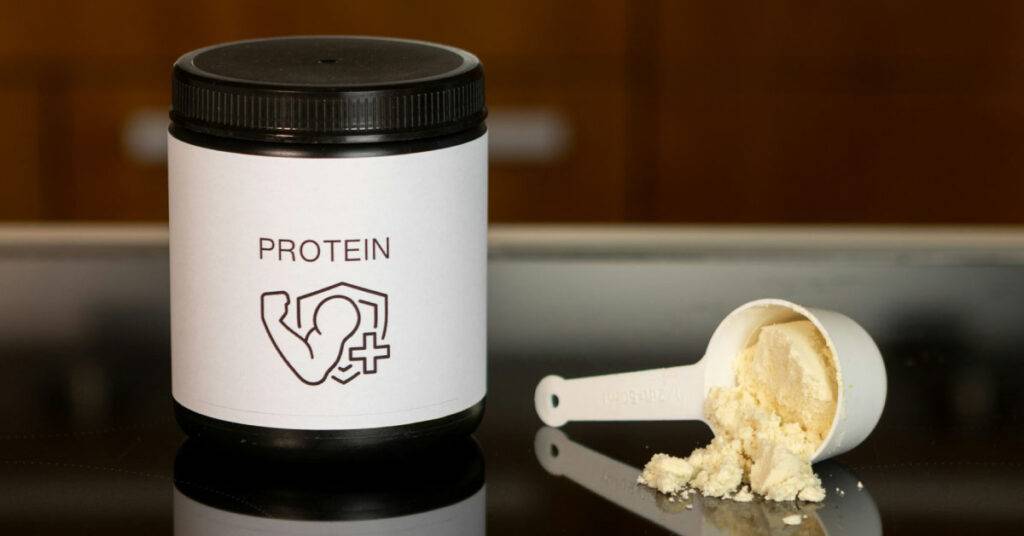
Pingback: How Is Protein Powder Made? Process Explained
Pingback: Good Protein Powder for Runners: My Top Picks
Pingback: Best Tasting Protein Powder for Women: Top Picks Revealed
Pingback: Does Protein Powder Expire? Shelf Life Explained
Pingback: Does Protein Powder Expire? The Ultimate Guide to Shelf Life
Pingback: Is protein powder bad for your kidneys?
Pingback: Unleash Your Fitness Potential: 10 Game-Changing Benefits of Whey Protein Isolate